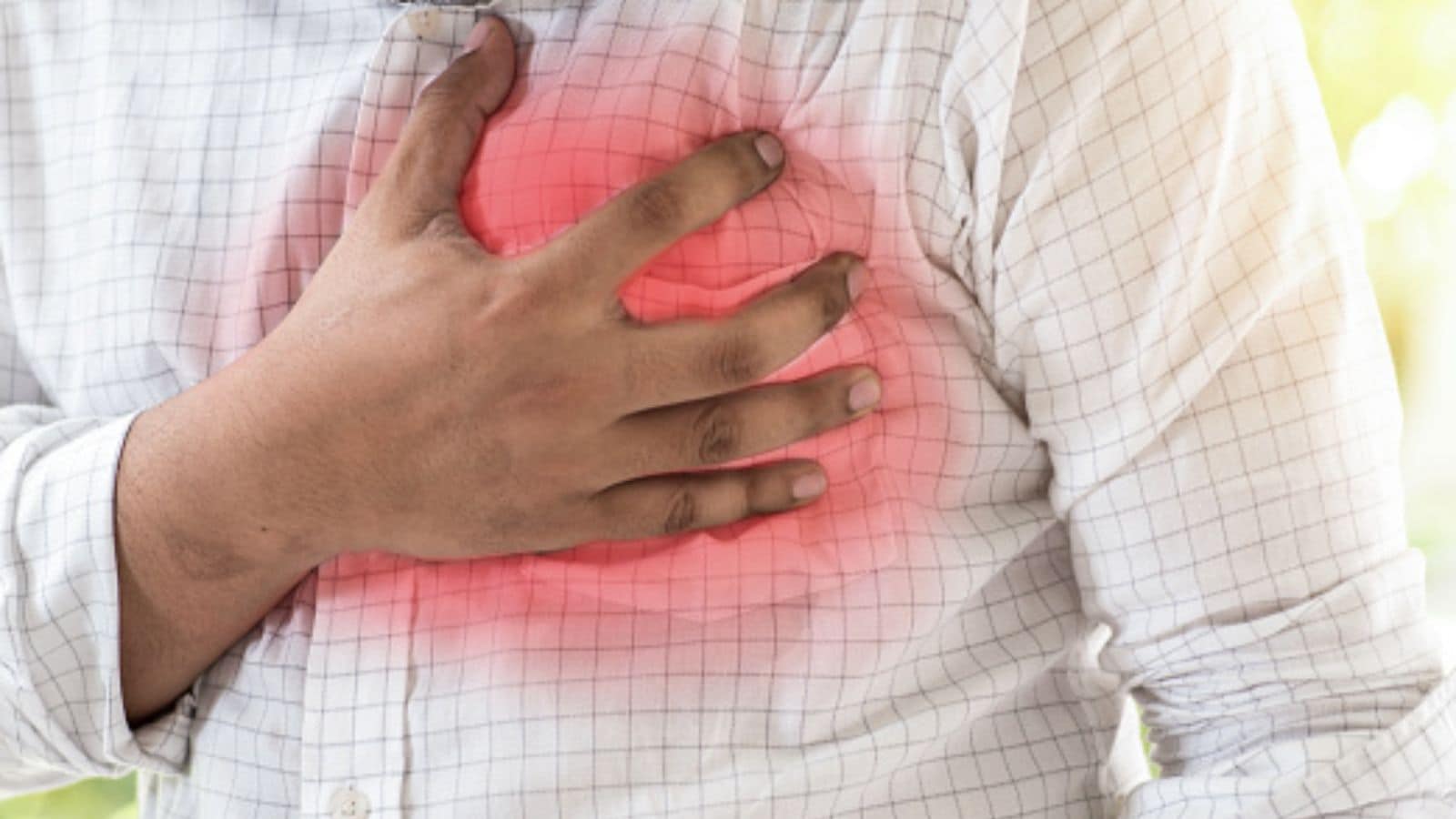By News18,Swati Chaturvedi
Copyright news18

Heart health is one of the most misunderstood aspects of medicine, and a big reason is that terms like “sudden heart failure” and “heart attack” are often used interchangeably. In reality, the two are distinct conditions with different causes, symptoms, and treatments. Knowing the difference is vital not just for awareness, but also because it could help save lives in an emergency.
Dr N Murali Krishna, Chief Consultant, Cardiology, Manipal Hospital Vijayawada, shares all you need to know:
A heart attack occurs when blood flow to part of the heart muscle is blocked, typically by a clot in the coronary arteries. Deprived of oxygen, the muscle starts to die within minutes if the blockage isn’t opened. Symptoms often include chest pain or pressure, breathlessness, sweating, nausea, and pain radiating to the arm or jaw. Prompt treatment such as angioplasty to reopen the clogged artery or clot-busting drugs can restore circulation and minimize damage.
Sudden heart failure, on the other hand, is not about a blockage but the heart’s ability to suddenly stop functioning. It can be triggered by conditions such as weakened heart muscle (cardiomyopathy), long-standing high blood pressure, severe valve disease, or even damage from a previous heart attack. Unlike a heart attack, fluid buildup in the lungs and body is a hallmark. Common symptoms include acute breathlessness, extreme fatigue, swelling in the legs, or difficulty lying down without shortness of breath. In severe cases, heart failure can lead to the heart stopping altogether, an event known as sudden cardiac death.
Because both conditions can cause breathlessness and chest pain, they are often confused. However, their treatments differ greatly. Heart attacks require urgent revascularization to restore blood flow, while acute heart failure is managed with medications to reduce fluid overload and stabilize heart function.
Raising awareness is crucial. Any chest pain should be treated as a potential heart attack and trigger immediate hospital care. Similarly, unexplained swelling, fatigue, or breathlessness at rest must never be ignored, as these may be warning signs of worsening heart failure.
Greater public understanding can encourage early detection and timely intervention. With the right medical care, both heart attacks and sudden heart failure can be managed more effectively, reducing the risk of long-term complications or sudden death.



